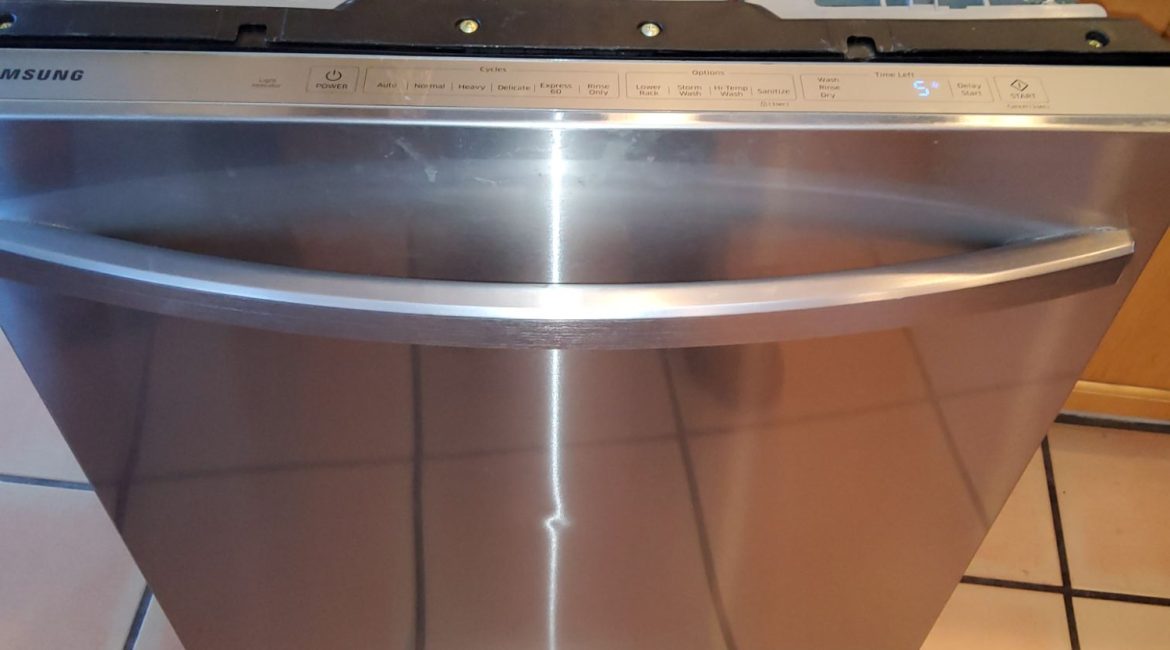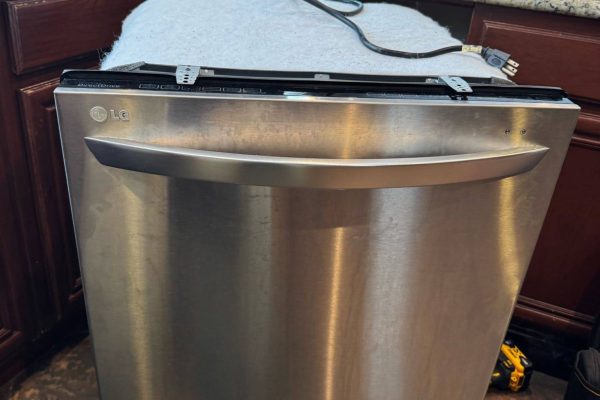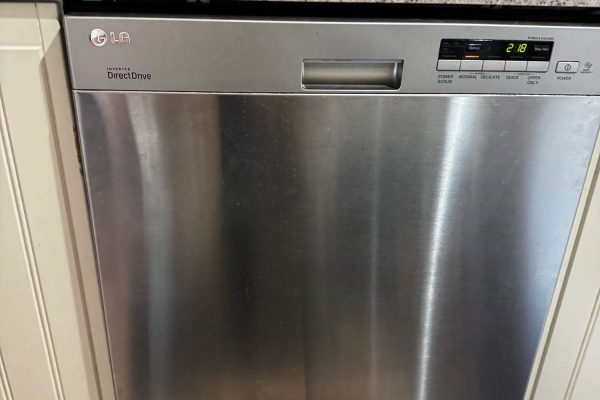Dishwashers are incredibly convenient, saving time and energy while ensuring your dishes come out sparkling clean. However, many users unknowingly make mistakes that can lead to dishwasher breakdowns, compromising the appliance’s performance and shortening its lifespan. Understanding these common errors and how to avoid them can help keep your dishwasher running smoothly for years to come.
- Overloading the Dishwasher One of the most common mistakes people make is overloading their dishwasher. While it might seem like a good idea to fit as many dishes as possible, this can prevent proper cleaning and lead to a strain on the appliance’s motor. Overloading blocks the spray arms, preventing water from reaching all areas of the dishes. In addition, overcrowding can put pressure on the appliance’s pump and other components, causing them to wear out faster.
Tip: Always follow the manufacturer’s recommended loading instructions and leave enough space between dishes for water to flow freely. - Using Too Much Detergent Using excess detergent can lead to poor cleaning results, excessive suds, and even a malfunctioning dishwasher. Over time, the soap residue can build up in the dishwasher, clogging the filter and spray arms. This can cause blockages in the water flow and even lead to an unpleasant odor. Additionally, too much detergent can strain the dishwasher’s pump and motor.
Tip: Use the correct amount of detergent based on the size of your load and the type of detergent recommended by the manufacturer. It’s better to start with less and add more if necessary. - Washing Items Not Meant for the Dishwasher Not all kitchen items are dishwasher-safe. Delicate glassware, wooden items, and certain types of plastic can warp or crack when exposed to high temperatures. Putting items that aren’t dishwasher-safe into the appliance can cause damage not only to the items but also to the dishwasher’s internal components.
Tip: Always check the labels on your dishes and cookware to ensure they are dishwasher-safe. If in doubt, hand wash those delicate items. - Ignoring Regular Cleaning and Maintenance A dishwasher, like any other appliance, requires regular maintenance to function properly. Ignoring this can lead to a buildup of food particles, grease, and minerals that clog filters, spray arms, and drain hoses. This can lead to poor performance, water leakage, and even complete breakdowns.
Tip: Clean the filter and spray arms regularly, and run a cleaning cycle with a dishwasher cleaner every month to keep the appliance in top shape. - Not Checking the Water Temperature Dishwashers need hot water to clean effectively, typically around 120°F (49°C). If the water temperature is too low, the detergent won’t dissolve properly, and dishes will remain dirty. Additionally, using cold water can strain the dishwasher’s heating element, leading to a breakdown over time.
Tip: Ensure your water heater is set to the correct temperature and that the hot water supply to your dishwasher is functioning properly. - Using the Wrong Cycle Many dishwashers come with multiple wash cycles, including options for heavy-duty, quick wash, and delicate items. Using the wrong cycle for a particular load can either waste water and energy or fail to clean dishes thoroughly.
Tip: Always select the appropriate cycle for the type of load you’re washing. For example, use the heavy-duty cycle for pots and pans, and the delicate cycle for fine china or glassware. - Neglecting to Unclog the Drain Over time, food particles and debris can accumulate in the dishwasher’s drain, causing clogs that prevent proper drainage. If the water doesn’t drain out, it can cause standing water to accumulate inside the appliance, leading to unpleasant odors and potential water damage.
Tip: Check the drain regularly for any debris and unclog it as needed. You can also run a vinegar and baking soda solution through the dishwasher to help eliminate any buildup. - Using the Wrong Rinse Aid Rinse aid is designed to help water drain off dishes more efficiently and prevent water spots. Using the wrong type or too much rinse aid can leave a sticky residue inside the dishwasher, affecting its performance.
Tip: Always use a rinse aid that is compatible with your dishwasher and follow the manufacturer’s instructions for proper use. - Closing the Door Too Quickly After Loading After loading the dishwasher, it’s important to make sure the door is fully closed and latched before starting the cycle. Closing the door too quickly can cause misalignment of the door seals, leading to leaks and inefficient cleaning.
Tip: Always ensure the door is securely closed before starting a wash cycle, and check the door seals for wear and tear. - Forgetting to Run a Hot Water Cycle Before Loading If the dishwasher starts a cycle with cold water, the detergent won’t dissolve as effectively, and the cleaning process will be less efficient. In some cases, this can cause residue to build up and lead to a malfunction over time.
Tip: Run the hot water tap in the kitchen sink for a few seconds before starting the dishwasher to ensure the appliance starts with hot water.
By avoiding these common mistakes, you can extend the life of your dishwasher and keep it running smoothly for years. Regular maintenance, proper loading, and using the correct detergent are key to preventing breakdowns.
If your dishwasher is showing signs of malfunction or is in need of repairs, don’t hesitate to reach out to Oceanside Appliance Service Center. Our team of experts can quickly diagnose the problem and get your dishwasher back to its optimal performance. Call us today to schedule your service!
Contact us


